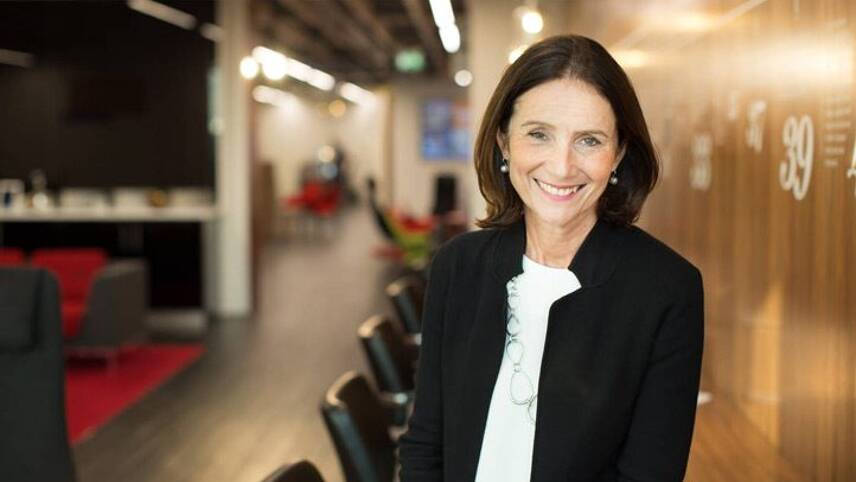Register for free and continue reading
Join our growing army of changemakers and get unlimited access to our premium content

The CBI represents more than 19
In a speech delivered at Schroders on Monday (4 November), Fairbairn outlined three key areas in which the CBI believes greater policy support to unlock the investment needed to reach net-zero by 2050, namely renewable and nuclear electricity generation; decarbonising heat and transport networks; and including emissions from products imported to the UK in national greenhouse gas (GHG) accounts.
On the former, the CBI is calling on the incoming Government to replicate the success of the UK’s offshore wind sector in its onshore wind sector, which is currently excluded from the Contracts for Difference (CfD) process, and to implement measures to address the impending “nuclear gap”. Of the eight nuclear generation points currently based in the UK, which collectively account for around one-fifth of primary power supply, seven are set to close by the end of 2030.
The CBI has additionally recommended further support for scaling up the deployment of emerging decarbonisation technologies such as hydrogen and carbon capture, use and storage (CCUS). At present, the Government is aiming for the UK’s first industrial-scale CCUS project to come online in the mid-2020s.
On transport and heating, Fairbairn’s message is clear: Ministers must push for large investments “sooner, rather than later”. Transport is currently the UK’s highest-emitting sector, while heating and hot water account for around 15% of the UK’s overall carbon footprint.
Fairbairn dubbed the Government’s recent projects around electric vehicle (EV) charging infrastructure and low-carbon heat networks “a step forward” but said that “business also needs a comprehensive strategy to help target that investment, where needed, and deliver a national network”. This strategy, she urged, must not exclude rural areas.
Global responsibilities
Lastly, on emissions from products imported to the UK, Fairbairn said the exclusion of such emissions from national GHG calculations was “making the climate emergency someone else’s problem” – but that their inclusion could make the UK’s transition to net-zero “a global success”.
“The UK has a strong story to tell on reducing the emissions we generate here at home, but that’s not the whole picture; we are consumers as well as producers,” she explained.
“We believe it’s time for Government to include both production and consumption emission rates in its official greenhouse gas figures. And to publish these metrics alongside the UK’s regular GDP and productivity statistics. It would be a radically new way to measure our growth and focus minds on our net-zero goal — with the fullest, clearest picture of our emissions footprint possible.”
In a similar vein to Fairbairn, Transport & Environment recently accused the UK Government of “creative carbon accounting” by excluding emissions from imported goods and international shipping and aviation from its climate targets.
The Committee on Climate Change (CCC) has also recommended that these emissions sources are included in national carbon figures, but the incumbent Government has chosen not to take this advice on board.
Fairbairn’s speech was given to mark the publication of the CBI’s latest report, entitled ‘The Low-Carbon 2020s – a Decade of Delivery’. The report outlines the actions which CBI members believe are essential to the UK’s progress towards net-zero in the next ten years – from businesses and policymakers alike.
It also came shortly after HM Treasury Minister Simon Clarke dubbed climate action a “signature theme” of the next Government. The Treasury notably launched a review to measure the costs of delivering net-zero by mid-century last week.
Sarah George


Please login or Register to leave a comment.